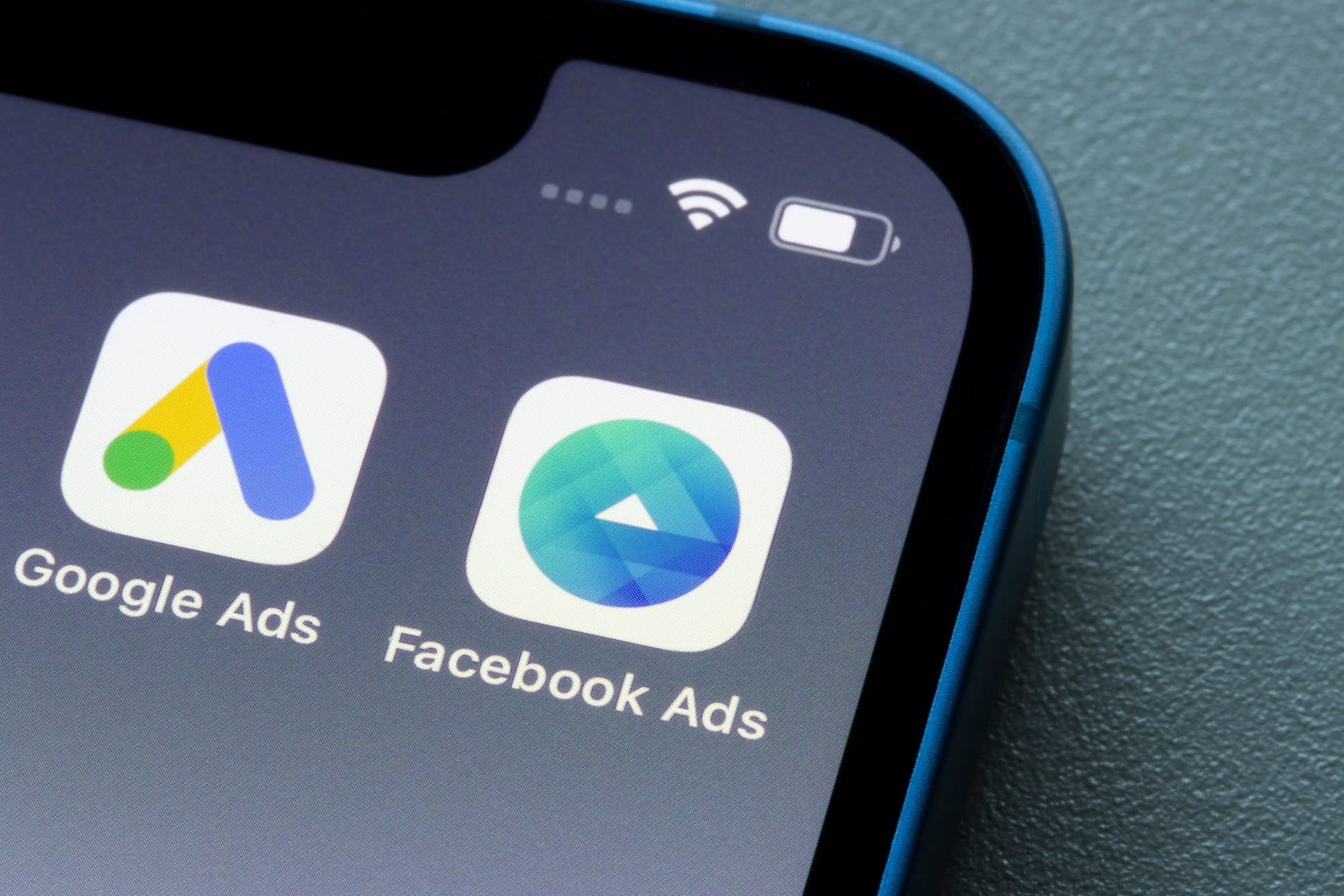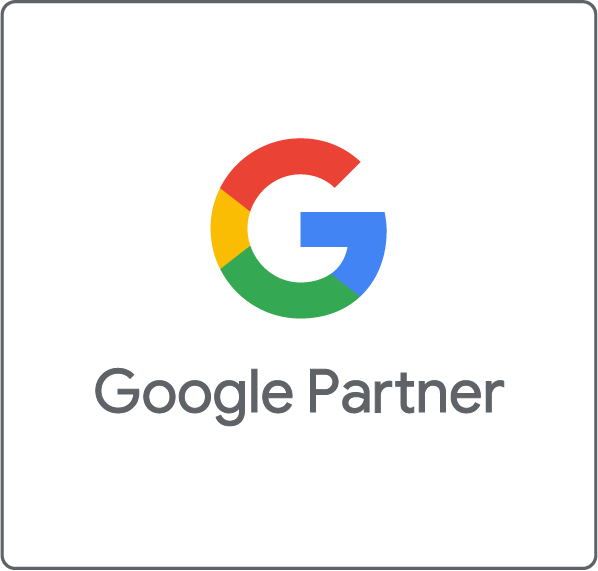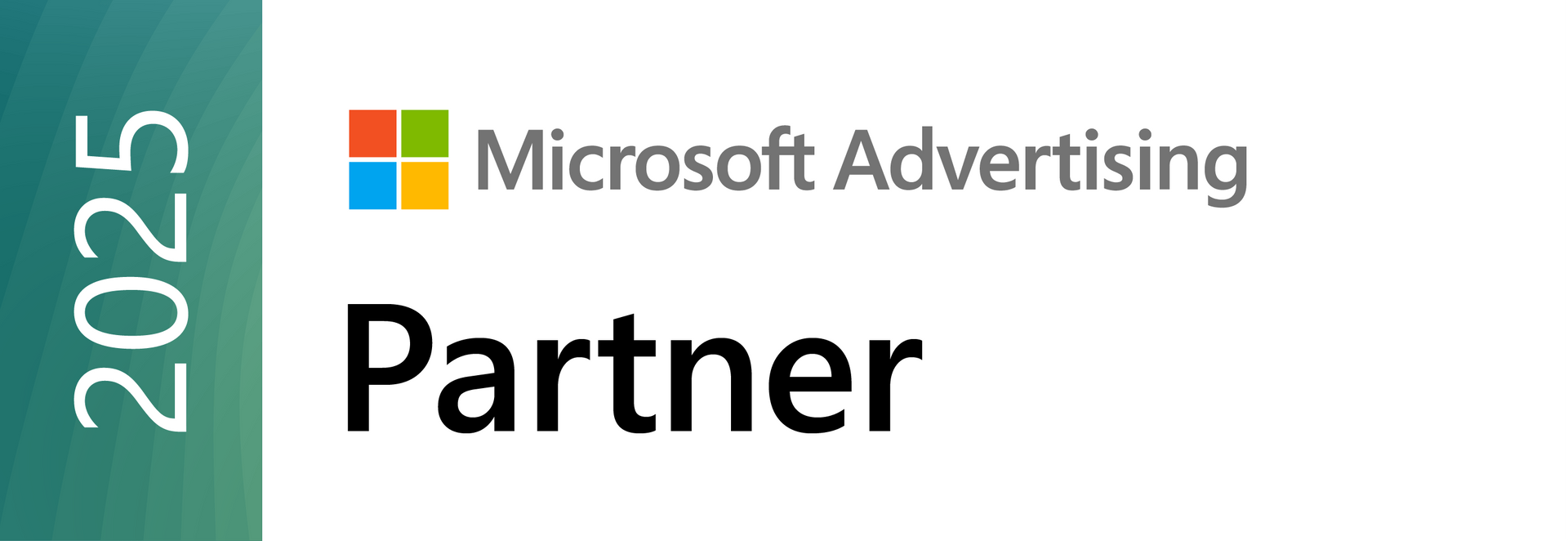Deciding between Google Ads and Meta Ads for your business can be a daunting task, particularly with both platforms offering unique benefits for advertisers.
As a digital agency, we have witnessed the game-changing impact that choosing the right platform can make for a business's success. In this article, we will explore the pros and cons of both Google Ads and Meta Ads to help you make an informed decision on the best advertising platform for your business.
Google Ads, formerly known as Google AdWords, is a pay-per-click (PPC) advertising platform that allows businesses to place search ads on Google's search engine results pages (SERPs). Google Ads is the go-to choice for businesses looking to increase their website traffic, leads, and conversions. The platform is highly targeted, delivering ads to users who actively search for specific keywords related to your business or product offering. This helps ensure that your ads reach a highly motivated audience who are more likely to convert into paying customers.
On the other hand,
Meta (Facebook) Ads is a powerful social media advertising platform which allows businesses to target ads to specific demographics, interests, and behaviours. Using Meta Ads, you can reach people on Facebook, Instagram, and the Audience Network, expanding your online presence and nurturing brand awareness.
Meta Ads are especially useful for businesses that have visually appealing products or services, as the platform favours visual content. The platform's detailed ad-targeting options enable businesses to connect with people at various stages of the customer journey, making it a valuable tool for generating leads, sales, and user engagement.
However, both Google Ads and Meta Ads have their downsides. For Google Ads, the cost can be a significant deterrent for small businesses since competition for popular keywords drives up the price. In addition, running successful PPC campaigns often requires ongoing optimisation, testing, and ad spend adjustments, which might be overwhelming for beginners.
Meta Ads, on the other hand, might not be as effective for niches that are not typically active on social media or when the target audience does not engage with ads on the platform. Additionally, it may be more challenging to measure the direct impact on conversions since users on social media platforms may focus more on discovery and engagement instead of making a purchase decision.
Google Ads vs Meta (Facebook) Ads: Choosing the Right
Advertising Platform for Your Business
To help you determine which advertising platform fits best with your business goals, we will break down the unique features and benefits of each platform, exploring the factors to consider before investing in either one. Read on as we dive into the intricacies of both Google Ads and Meta Ads to reveal the potential opportunities for your business.
Understanding the Core Functioning of Google Ads
Google Ads operates on a PPC model, meaning you only pay when a user clicks on your ad. The platform functions primarily through its bidding system, where advertisers choose keywords relevant to their business and set a maximum cost per click (CPC) they are willing to pay. When a user searches for a particular keyword, Google evaluates the advertisers bidding for that keyword and places the highest bidder's ad in the most prominent position on the SERPs.
1. Keyword Targeting and Ad Relevance
With Google Ads, businesses can target specific keywords that users are searching for, enabling ads to display for users who are actively seeking information, products, or services that your business offers. This ensures a high level of relevancy and intent, significantly increasing the probability of conversions. In addition, Google rewards advertisers who have high-quality ad content, meaning that creating relevant and engaging ads can result in a lower CPC.
2. Performance Tracking and Analytics
Google Ads provides comprehensive performance tracking, allowing businesses to assess the effectiveness of their campaigns at a granular level. The platform enables advertisers to track key metrics, such as clicks, impressions, conversions, cost per conversion, and many others. By monitoring and analysing these metrics, businesses can make data-driven decisions to optimise their ad campaigns and achieve a higher return on investment (ROI).
3. Ad Diversity
Whilst the Search Network and Search campaigns are the mainstay of Google Ads, there are a range of other campaign types to provide a holistic marketing solution including YouTube Ads, Gmail Ads, Shopping and Display ads. All of these can form part of a tailored strategy suited to your unique goals and objectives.
Delving into the World of Meta Ads
Meta Ads, previously known as Facebook Ads, offers a social advertising experience that allows advertisers to target their ads based on personal demographics, interests, behaviours, and connections, ensuring a more refined audience. Meta Ads takes a broad approach to ad targeting, enabling advertisers to reach people who are most likely to be interested in their brand or products.
1. Demographic and Interest-Based Targeting
Meta Ads' rich targeting capabilities enable businesses to create highly targeted ads that appeal to specific demographics, such as age, gender, location, education, relationship status, and more. Additionally, the platform allows advertisers to target users based on their interests, pages they like, and their online behaviour. This leads to a more personalised advertising experience, fostering higher engagement rates and increased chances of conversions.
2. Visual Emphasis and Ad Format Diversity
As a social advertising platform, Meta Ads puts greater emphasis on visual content, making it an excellent choice for businesses with visually appealing products or services. The platform offers a diverse range of ad formats, including photo, video, carousel, and stories ads. This variety allows businesses to tell their brand story in an engaging manner, driving user interest and boosting brand awareness.
Comparing the Pros and Cons of Google Ads and Meta Ads
1. Cost Efficiency and Advertising Budget
Each platform has its own cost structure, with the cost of advertising on Google Ads typically being higher due to intense keyword competition. However, a highly relevant and well-optimised ad campaign can result in a lower CPC. Meta Ads operates on an auction-based pricing model, giving advertisers the flexibility to set their own budgets and ad bidding strategy. This optionality makes the platform a viable choice for businesses with a smaller advertising budget, though increased targeting specificity may lead to a higher cost per click.
2. Conversions, Sales, and ROI
While Google Ads primarily targets high-intent users, Meta Ads cast a wider net, targeting users based on their propensity to engage with a particular business or product. Generally, Google Ads can bring in higher conversion rates since the platform reaches users who are actively searching for a particular product or service. However, Meta Ads has the potential to drive higher engagement and brand awareness, which may indirectly contribute to sales and ROI over time.
Choosing the Right Platform for Your Business: Key Takeaways
Ultimately, the choice between Google Ads and Meta Ads will depend on your business goals, target audience, and advertising budget. Here are some key takeaways to consider when deciding on the right platform for your business:
1.
Google Ads is an ideal choice for businesses that require immediate results and high-conversion rates, target users actively seeking their product or service, and have a reasonably sized advertising budget.
2.
Meta Ads is well-suited for businesses that aim to increase brand awareness and engagement, have a visually appealing product or service, and require a flexible advertising budget with a potentially lower CPC.
Conclusion
Both Google Ads and Meta Ads offer unique benefits and challenges for advertisers. By understanding the intricacies of each platform and aligning them with your business objectives, you can make an informed decision on the best advertising platform to achieve your goals.
Take the plunge with confidence, knowing that each platform has the potential to drive significant results when used strategically. If you're uncertain or would like professional assistance in maximising your digital advertising efforts, consider partnering with a digital agency like PupDigital to harness the full potential of Google Ads Management, Meta Ads Management, and Web Design. Contact us today for more information on our
custom advertising services!
About PupDigital
PupDigital have your digital marketing needs covered. From online advertising to website design, we can help. Based in Canberra, servicing the world with quality, down to earth digital marketing services.
Subscribe
Enter your email below and we will keep you up to date on the latest insights into our world of digital marketing.
Contact Us
Thanks, we promise your data is safe and we will never spam you.
Please try again later.
You might also like

PupDigital have your digital marketing needs covered. From Google Ads and Meta Ads to website design, we can help.
Based in Canberra, servicing Australia with quality, down-to-earth digital marketing services. We don't outsource anything and our directors work closely alongside our team to ensure our clients receive the best service and results.
Quick Links
PupDigital acknowledges the Ngunnawal people as the Traditional Owners of the land we work and live on, and Traditional Owners across Australia. We respect their culture, connections to land, water, and community, and pay respect to Elders past, present, and emerging.
Services
Google Advertising
Facebook Advertising
Linkedin Advertising
Instagram Advertising
Social Media Content
Web Design
Graphic Design
Sales Funnel Strategy
Email Marketing
Copywriting
Podcast Advertising
SEO
All Rights Reserved | PupDigital | Privacy Policy







